How the Housing First approach keeps failing to support homeless reentry into independent life
By Vlad Yurlov
COVID motels: another pandemic innovation. Since June of last year, Multnomah County and the City of Portland have been using motels to provide socially distanced emergency shelter to the homeless. Renting the rooms and supplying services costs approximately $7,000 a month for each of about 400 beds: That amounts to $35 million a year.
Despite the large price tag, no one has reported on the success or failure of the scheme. Internal reports acquired through public records requests reveal that the COVID motel program is following in the footsteps of the region’s other homeless plans: With no focus on helping the homeless reenter independent life, the program is asking for more public funds.
The motel program created stable environments for homeless individuals to recover and focus on reentering independent life: Private facilities, food deliveries, and thousands of dollars in supportive services per person each month. This was a massive opportunity to assist hundreds of people break out of homelessness.
Using the most generous assumptions and available data, the COVID motels helped less than 9% of residents find permanent housing in their third quarter of operation. Keep in mind, many residents from the second—and even first quarter—stayed for the third, which brings the overall success rate even lower. The reason for these meager results is simple: The philosophy behind the motel program prohibits requiring homeless people from doing anything that would prepare someone to achieve independent housing. This is called the Housing First approach.
The region’s public homeless services have been using a Housing First approach for years. The 10-year plan to “end” homelessness in Portland and Multnomah County by 2015 was steeped in it. Funding for emergency shelters flowed into permanent supportive housing, but because residents weren’t required to use any of the services, the homelessness crisis continued to spill onto more city streets. Housing First did not end homelessness in the region.
Nonetheless, the COVID motel program was designed after the Housing First approach. This means that mental, physical, and addiction specialists couldn’t do their job unless residents requested care. By placing “Housing First,” the motel program is placing homeless reentry, the only thing that will make a lasting change in their lives, last. Instead of actively helping everyone who wants to overcome the problems that keep them from housing, our policymakers say “helping clients identify their own strengths and goals is much more powerful than simply telling them what to do.” But this strategy shuts out those who are more willing to accept help.
To live independently off the streets, people must overcome addiction, treat mental health issues, and generally accept help in the first place. Under a Housing First approach, homeless residents at the COVID motels are never required to accept help, while other homeless individuals in the streets aren’t getting their opportunity to say “yes” to assistance. This means that supportive services are left sitting on a shelf. And because there are no time limits to accept care, the average length of stay at these motels is estimated to be over three months.
With no changes to its structure, the Joint Office of Homeless Services is requesting another $15 million to extend the program until the end of 2021. Using vacant motels to expand emergency housing and provide wrap-around services is a landmark opportunity to lift up hundreds of homeless people into independent life. But with no requirements to accept the care, extending the program would just delay spilling out hundreds of people with no more hope of independence than when they came in.
Servicing hundreds of private emergency shelter beds can be a useful strategy, but the program must reject the Housing First approach in order to be effective. As it is, supportive services must sit and wait for people to accept help, while drug and mental health problems reduce residents’ chances of independent living and those more willing to accept care are left on the streets. The COVID motel program should not be extended as long as it refuses to focus resources on those who want to use them.
Vlad Yurlov is a policy analyst at Cascade Policy Institute, Oregon’s free market public policy research organization.
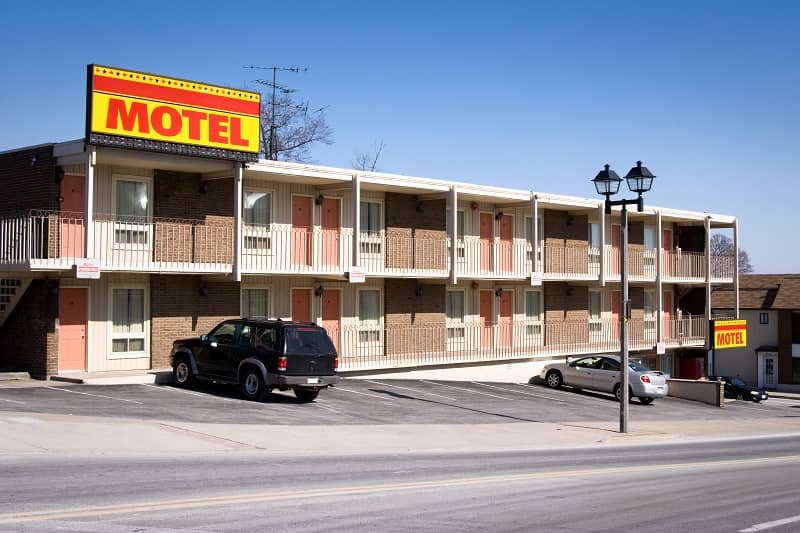


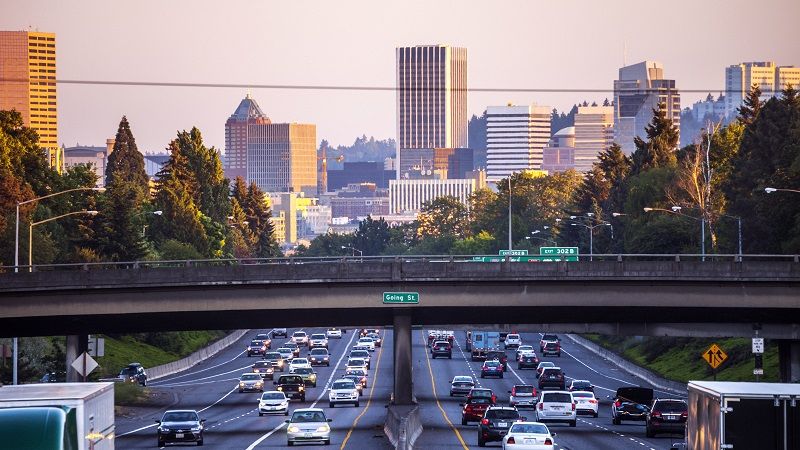

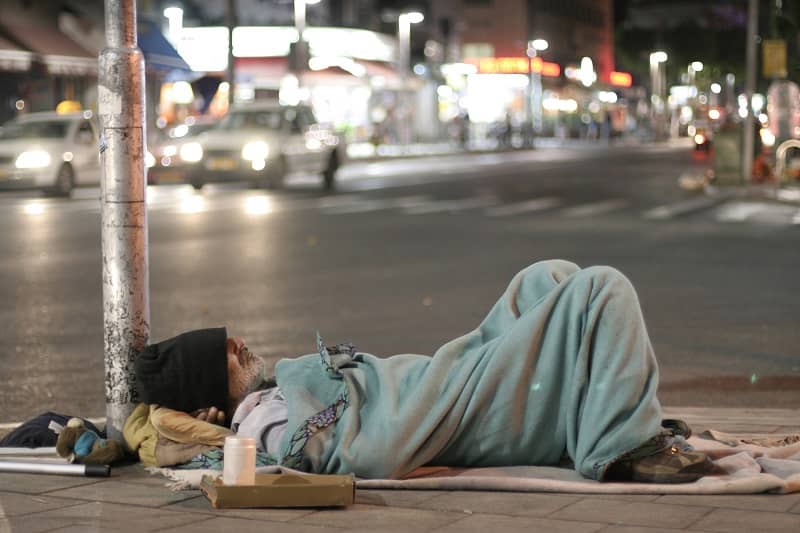
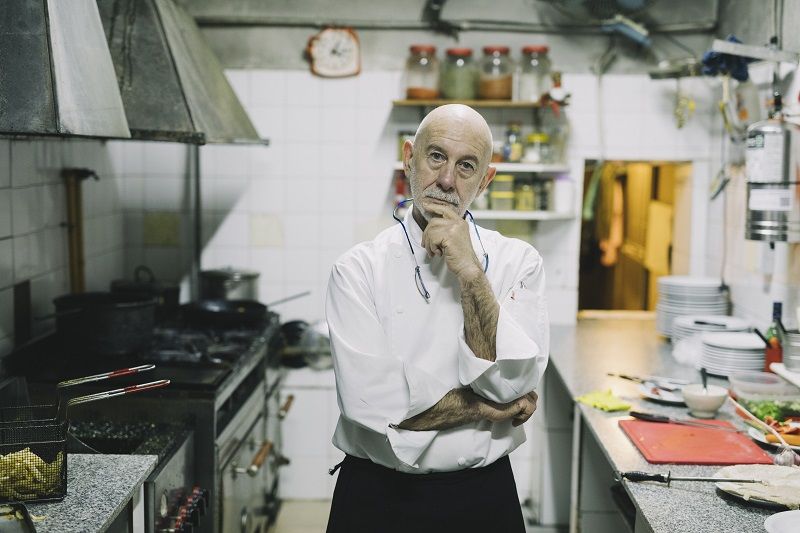
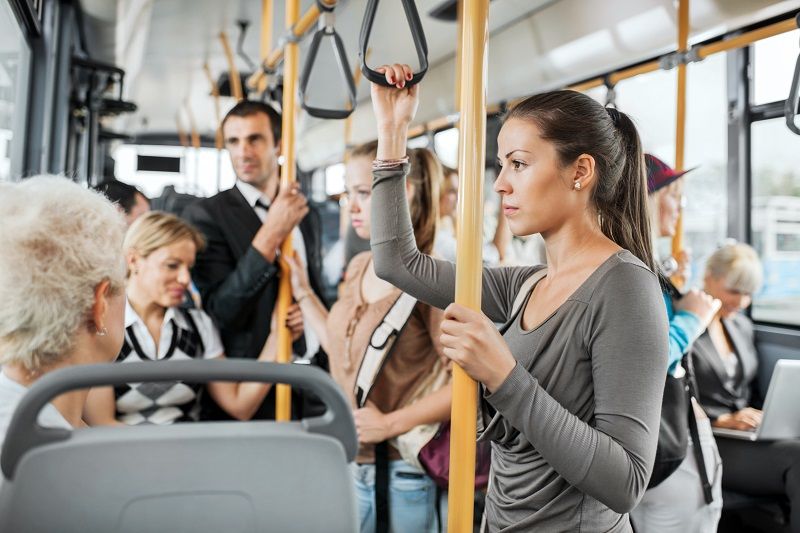




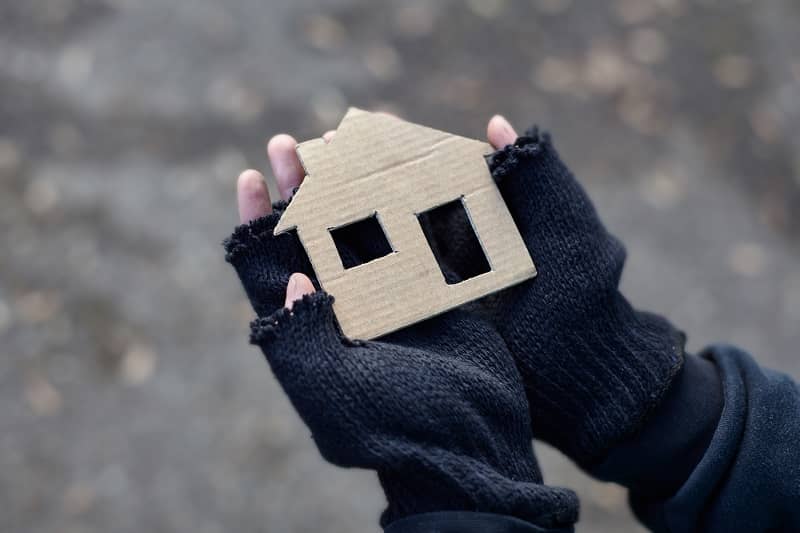
Bill MacKenzie
You got it, but you are a voice in the wilderness. Multnomah County and the City of Portland don’t get it, but the money will keep flowing.
Bill MacKenzie
You got it, but you are a voice in the wilderness. Multnomah County and the City of Portland don’t get it, but the money will keep flowing. BTW, it would be interesting to see an exact breakdown showing where that $7,000 a month goes.